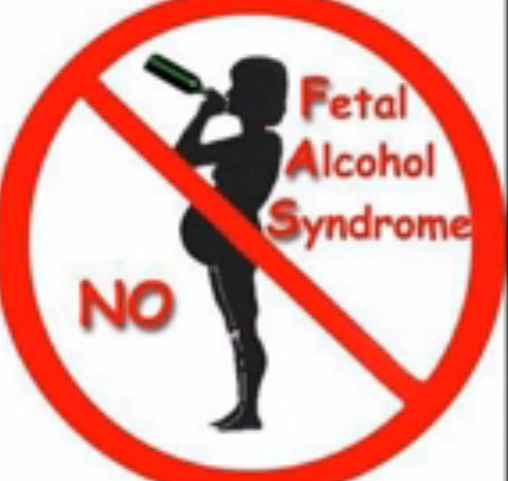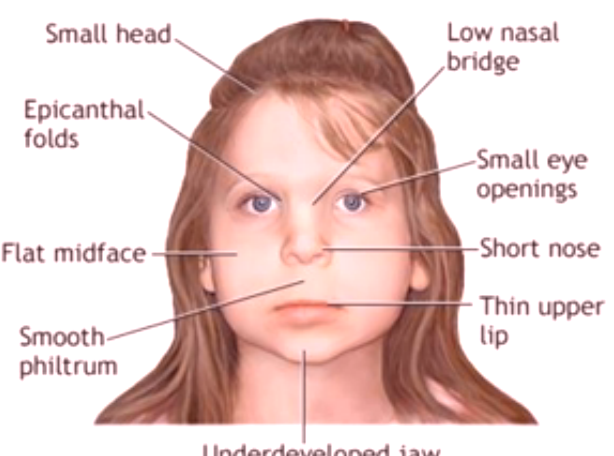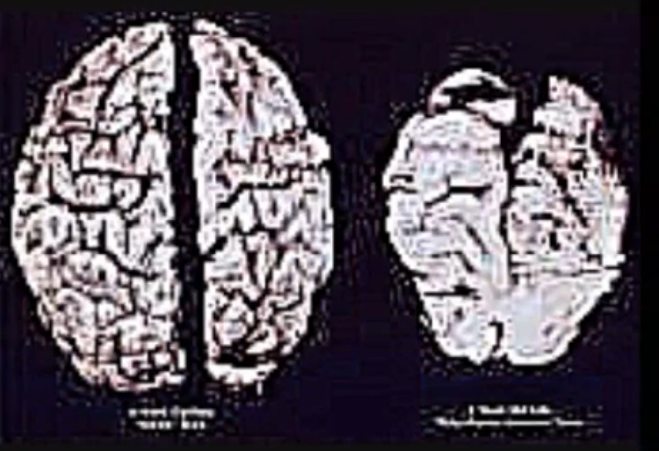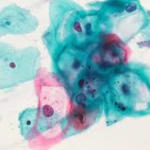Fetal alcohol syndrome causes irreversible physical and mental problems to a child due to the intake of alcohol by the mother, in her pregnancy. Children born with Fetal Alcohol Syndrome (FAS) exhibit facial abnormalities, growth deficiency and delayed motor skills. They also have difficulties in understanding concepts as well as in controlling their behavior and emotions. These would make it difficult for them to fit in with their peers and the society as a whole.
Having a child afflicted by FAS is not easy especially when dealing with the behavioral problems caused by the syndrome. The parents can help the child lead a normal and productive life through the multi-disciplinary treatment approach for FAS. Secondary disabilities and medical issues should likewise be treated accordingly. The affected child can also do better with the aid of special education and behavioral therapy.
Fetal Alcohol Syndrome Statistics
The term Fetal Alcohol Syndrome was officially used when referring to the problems caused by prenatal alcohol consumption in 1973 by Dr. Ken Jones and Dr. David Smith in Seattle, Washington, USA. The condition had earlier been identified in 1968, but it was Dr. Jones and Dr. Smith who explained FAS more clearly and correctly. They noted several infants born to alcoholic mothers sharing similar physical features and growth problems. Together with a child psychologist, it was revealed that these infants also had mental disabilities.
FAS occurs worldwide. In the U.S alone, 1 out of 750 children is born with FAS every year. In other parts of the globe, the syndrome affects 1 to 3 children out of 1,000 births. There is no such thing as safety level of alcohol consumption by a woman during pregnancy that will not cause immediate harm to the baby. Experts are quite sure though that the degree of physical and mental defects vary depending on how early the fetus is exposed to alcohol as well as the amount of alcohol the mother had consumed.
Understanding Fetal Alcohol Syndrome
The syndrome develops when the alcohol and its byproducts upset the healthy and well-functioning brain cells of the fetus. Alcohol also disrupts the distribution of oxygen to the different tissues, cells and organs of the body. That is why alcohol is classified as a teratogen, an agent that has the ability to severely affect normal embryonic development leading to different kinds of birth defects.
The unborn child gets his or her nourishment from the mother through the placenta. The alcohol can cross the placenta and eventually be ingested by the fetus. Because his or her body is too immature to metabolize alcohol quickly, the alcohol concentration in the blood is high and will disrupt optimum development and nutrition.
Fetal Alcohol Syndrome Characteristics
FAS causes a diverse set of problems ranging from a distinctive facial appearance, growth and developmental delays, to mental retardation and behavioral problems. It should be noted that the severity of physical, mental and even behavioral defects differ from one child to another.
-
Distinctive facial appearance
Facial abnormalities are universal among FAS children. These include short nose and eye openings, deep-set nasal bridge, flat cheekbones, thin upper lip and smoothened philtrum.
-
Growth problems
Alcohol not only disrupts but also delays fetal development as a whole. Growth deficiency is permanent as well. Children born with FAS typically weigh lighter than those who are born to mothers who totally abstained from alcohol during pregnancy.
-
Developmental delays
Affected children have difficulties performing tasks that require fine motor skills. They also have poor hand and eye coordination and walk clumsily. The autonomic nervous system is likewise affected which results in tremors and epilepsy.
-
Mental Retardation
Damage to the brain cells severely diminishes the child’s level of intelligence. Still the degree of mental retardation varies significantly from child to child.
-
Cognitive deficits
Cognitive deficiencies, such as poor memory, inability to focus or concentrate, poor analytical skills and language comprehension disabilities, are normal among FAS patients. Due to the inability to understand concepts, the child may find it difficult to socialize with others or build and maintain friendships.
-
Structural abnormalities
Children afflicted with FAS usually have small head size and deformed fingers, limbs and joints. Moreover, the crease patterns on the palms are altered.
-
Behavioral problems
A FAS child is typically hyperactive and irritable, shows a certain degree of stubbornness, fretfulness and impulsiveness. If these are ignored and allowed to worsen, these may lead to trouble with the law or juvenile justice system.
Other problems related to Fetal Alcohol Syndrome include hearing and vision problems, heart defects and narrowing of the aorta, spina bifida, hydrocephalus and cleft lip.
Living with Fetal Alcohol Syndrome
The effects of Fetal Alcohol Syndrome are for life. Still, the appropriate specialized education and therapy could greatly help in achieving a more fruitful life for the child. The treatment for FAS is designed to address the specific needs of patient depending on the severity of the mental and physical problems.
Fetal Alcohol Syndrome Pictures







